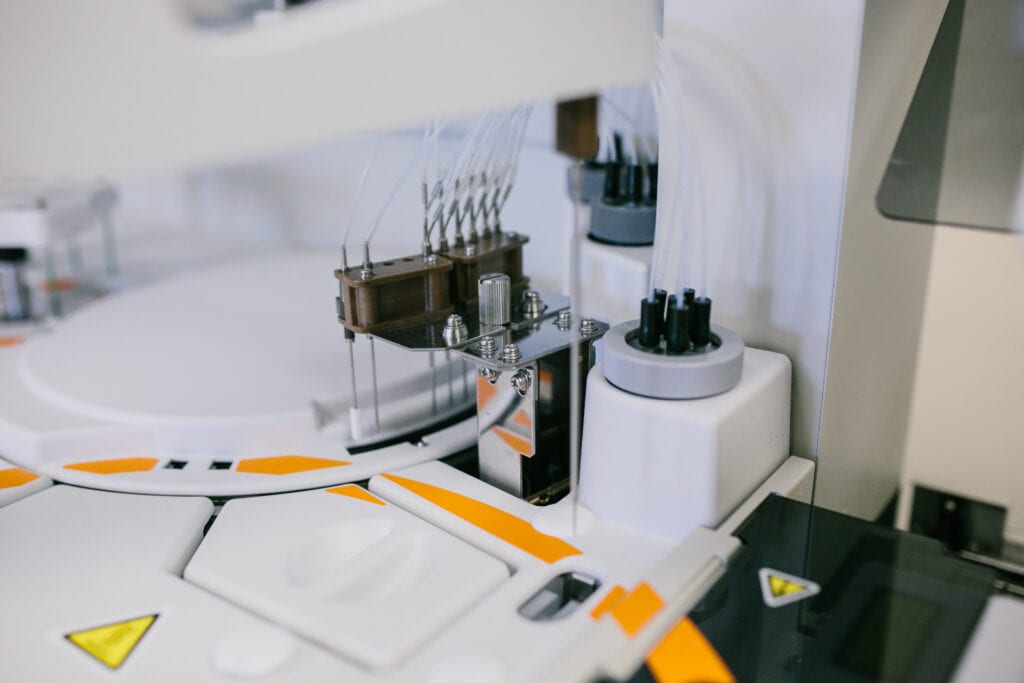Companion animals are invaluable, and maintaining their vitality requires effort. Veterinary laboratories are invaluable resources in ensuring proper care for household animals.
In this discussion, we’ll cover the benefits of testing for dogs and cats and outline essential tests.
How Do Veterinary Laboratories Work?
Animal health testing facilities provide health assessments for examining samples. They provide critical insights to make accurate diagnoses.

How it works usually includes:
- Collecting pet health data: Health markers are prepared for analysis.
- Laboratory analysis: Experts using equipment conduct the tests.
- Reporting outcomes: Vets review the reports for your pet’s benefit.
Common Veterinary Tests for Dogs and Cats
A variety of tests are available for pets to monitor overall health. Frequently used procedures include:
- Complete blood counts (CBC): Detect anemia or chronic conditions.
- Bladder and kidney checks: Evaluate kidney function.
- Parasite checks: Identify digestive disorders.
- Dermatological diagnostics: Improve coat health.
- Advanced imaging tests: Check internal organs.
laboratorio exames veterinarioslaboratório de análises clínicas veterinária preventiva
How Testing Supports Pet Health
Routine diagnostics is key to keeping pets healthy. With advanced testing capabilities, your pets stay healthier longer.

The value of testing include:
- Effective treatments: Health problems are minimized.
- Lower medical expenses: Small problems are treated before they escalate.
- Knowing your pet is well: You’ll know they’re thriving.
The Value of Diagnostics for Pet Owners
Pet health labs play a key role in modern pet care. With regular lab evaluations, you ensure your pets are healthy.
Make pet health a priority and support their wellness every step of the way!